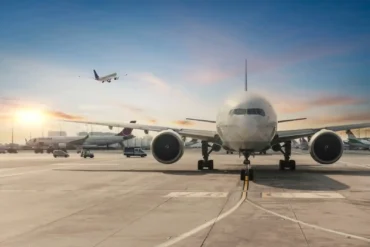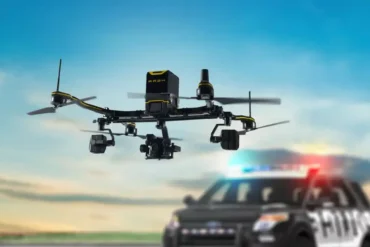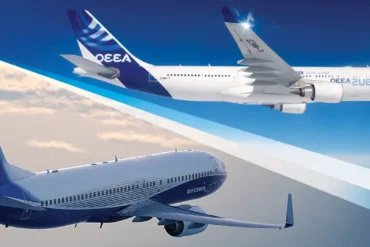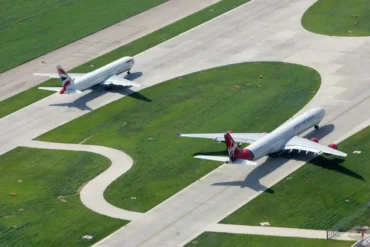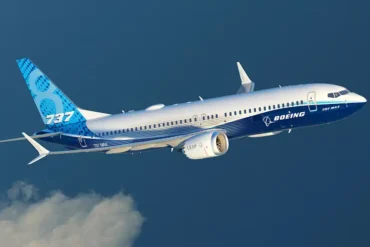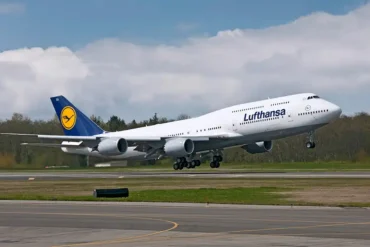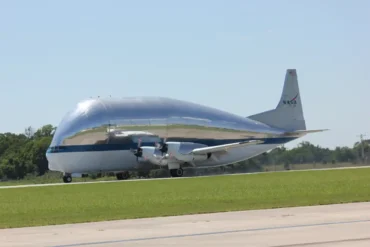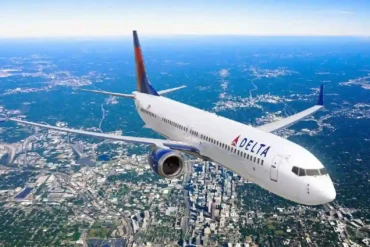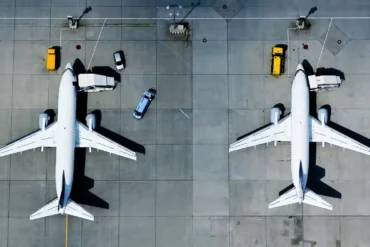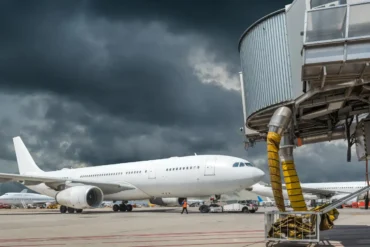Hey, have you ever been stuck in an airport because of delays and cancellations? It’s super frustrating, right? I was just thinking about this after my recent flight got delayed due to some unexpected maintenance issues. As I was waiting to board, I couldn’t help but remember all the stories from the past year about massive delays and scheduling nightmares.
Remember when Southwest Airlines had to cancel a whopping 17,000 flights during the holidays last year? Passengers were stranded all over the world and had to pay extra for hotels and meals. It was a total mess!
After that fiasco, other airlines started having problems too. The International Air Transport Association (IATA) even called for new regulations to protect consumers, so the burden doesn’t just fall on the airlines but on the whole air transport system.
These issues, like outdated technology, surprise maintenance problems, and sustainability concerns, show just how many challenges the aviation industry is facing. But you know what? Blockchain technology could actually help solve a lot of these problems! Let me explain how blockchain can revolutionize air travel.
Blockchain Traceability: Keeping Track of Aircraft Like a Pro
As someone who runs a company focused on supply chain traceability, I’m really excited about blockchain’s potential here.
In the aircraft world, it’s often really hard to keep track of when parts and systems need to be replaced. Parts can get lost in the supply chain, spare parts mysteriously disappear, and sometimes airlines even lose track of entire planes!
Blockchain acts like a secure, unchangeable ledger that documents every detail about an aircraft – its parts, maintenance history, you name it.
With blockchain, every single maintenance event gets recorded permanently on the blockchain, which all the key people can access – maintenance crews, airlines, regulators, etc. This way, potential issues get flagged early, so crews can fix things before they become bigger problems that lead to delays (like the one that delayed my recent flight).
Blockchain helps airlines maintain the highest aircraft maintenance standards, reducing accident risks and ensuring they follow all the rules and regulations.
A great example is Airbus – way back in 2018, they started using blockchain to create more transparency and traceability in their supply chain operations.
Blockchain for a Greener Future
In recent years, reducing emissions has become a huge priority for the aviation industry.
In 2021, IATA made a bold commitment to achieve net-zero carbon emissions by 2050. That means airlines worldwide are working together to balance out their carbon output by removing an equal amount from the environment.
While discussions about sustainability in aviation often focus on things like phasing out private jets or switching to electric planes, I think there are some less obvious ways blockchain can help make flying more eco-friendly.
As blockchain technology keeps evolving, I believe it has huge potential to drive major sustainability improvements in how we use it.
Take Airbus again – they created a whole unit dedicated to exploring how blockchain can optimize their aircraft supply chain and reduce emissions. Blockchain records don’t just identify planes that need maintenance to prevent excess emissions, but they can also streamline repair processes, ultimately lowering emissions across the entire industry.
Blockchain can also lead to more efficient, transparent supply chain management, which is a major source of emissions in aviation.
Imagine a blockchain platform that seamlessly tracks goods from suppliers to airlines, cutting down on paperwork and speeding up deliveries. An approach like this could drastically reduce transportation waste.
As blockchain technology continues advancing, I’m really excited to see how the aviation industry and blockchain will team up to achieve those net-zero emission goals. This partnership has already started, and it’s going to keep making air travel better for everyone – passengers and airlines alike.

